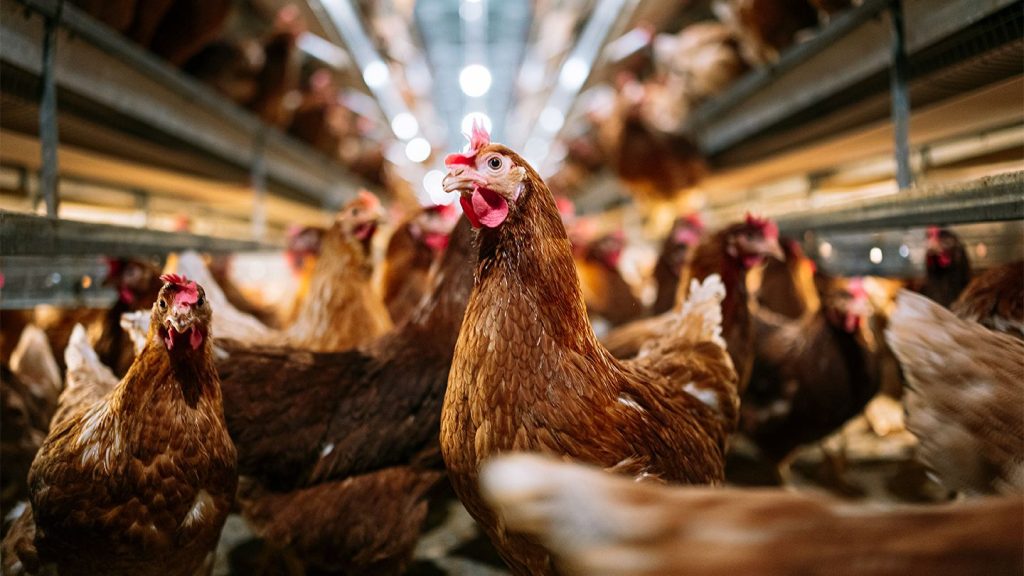Context:
The World Health Organization (WHO) has confirmed the first-ever death of a human by the H5N2 strain of the bird flu.
More on the News:
- The victim was a resident of Mexico and succumbed to the illness after suffering from symptoms of avian influenza (H5N2).
- Human infections with avian influenza viruses are not unprecedented. The H5N1 subtype, in particular, has caused human fatalities since it was first identified in humans in 1997.
- The recent case is particularly concerning because the victim had no known exposure to infected animals, indicating a potential shift in the virus’s ability to infect humans without direct contact with poultry.
What is Avian Influenza?
- Avian influenza, commonly known as bird flu, is a viral infection that primarily affects birds. However, certain subtypes of the virus can infect humans, leading to severe respiratory illnesses.
- The most notable of these subtypes is H5N1, which has been responsible for numerous human infections and fatalities in the past.
How does bird flu spread?
- Bird flu is a zoonotic disease, meaning it can transfer from animals to humans.
- Humans can contract bird flu by coming into contact with the body fluids of infected animals, such as saliva, respiratory droplets, or faeces.
- The virus can be inhaled through small dust particles in animal habitats, leading to infection.
- Bird flu can also infect humans if they touch contaminated body fluids and then touch their eyes, nose, or mouth, allowing the virus to enter the body.
- Contrary to popular belief, bird flu is not contracted from eating properly cooked poultry or eggs.
- Symptoms of avian influenza in humans are similar to those of regular flu and can include Fever, Cough, Sore throat, Muscle aches and Severe respiratory distress in advanced cases
- H5N2 infection is confirmed through molecular methods like Real-Time Polymerase Chain Reaction (RT-PCR), detecting the virus in patient samples.
- Neuraminidase inhibitors such as oseltamivir and zanamivir are used to reduce viral replication duration and improve survival in H5N2 cases
WHO Response
The WHO has emphasized the need for heightened vigilance and preventive measures to reduce the risk of infection. Key recommendations include:
- Avoiding contact with sick or dead birds
- Ensuring poultry products are thoroughly cooked
- Implementing robust surveillance systems to detect and respond to new cases promptly.

